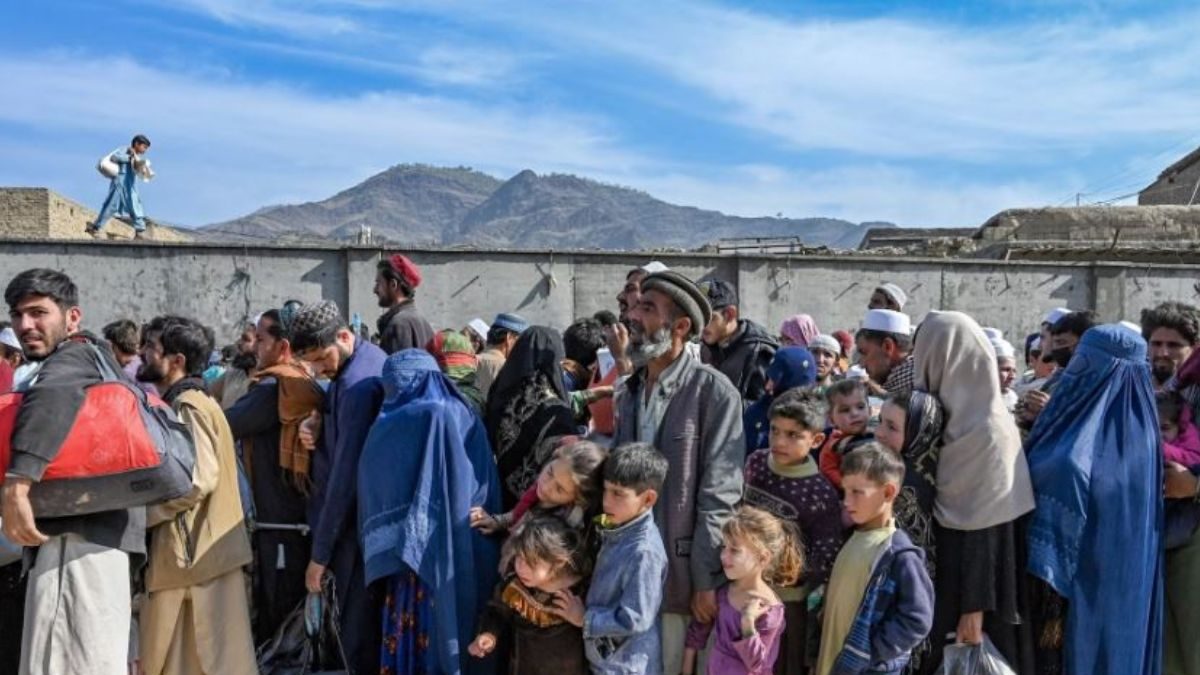Afghan migrants in Pakistan told that recent protests and instability in the country have turned into a significant challenge for them.
These migrants said that restrictions on Afghan migrants in Pakistan have increased, and some of their relatives, despite having legal documents, have been arrested by Pakistani police.
According to them, Afghan migrants, out of fear of arrest and mistreatment, are unable to leave their homes during these times.
Atiqullah Mansoor, an Afghan migrant in Pakistan, told TOLOnews: “There is fear and panic among Afghans. Currently, in some areas of Rawalpindi and Islamabad, Afghans cannot leave their homes. There are a series of arrests and house-to-house searches.”
At the same time, some Afghan migrants in Iran have also criticized the increased restrictions, adding that in some cases, even those with legal documents are being arrested and deported.
“Some people I know were deported with their passports by the end of the month. Just a few days ago, for the third time, they came to Kerman and deported some,” said Mohammad Akbar Sultani, an Afghan migrant in Iran.
“One of the Afghans who works as a baker here, despite having a passport, was arrested and released after twelve hours. There are many such examples,” said Mohammad Reza, another Afghan migrant in Iran.
This comes as the acting Minister of Refugee and Repatriation, during an event in Kabul on Tuesday, criticized the mistreatment of Afghan migrants in various countries, including neighboring nations, and called on their authorities to stop mistreating Afghan migrants.
“There is an accepted legal principle that even countries that are not members of the Geneva Convention, such as Pakistan, are still obligated to adhere to the provisions of this convention,” Juma Khan Poya, a migrant rights activist, told TOLOnews.
Earlier, the International Organization for Migration (IOM), in a September report, said that nearly 240,000 Afghan migrants returned from Iran to Afghanistan in September. According to this report, 43 percent of them were deported by Iranian authorities, while the remaining returned voluntarily to Afghanistan.

